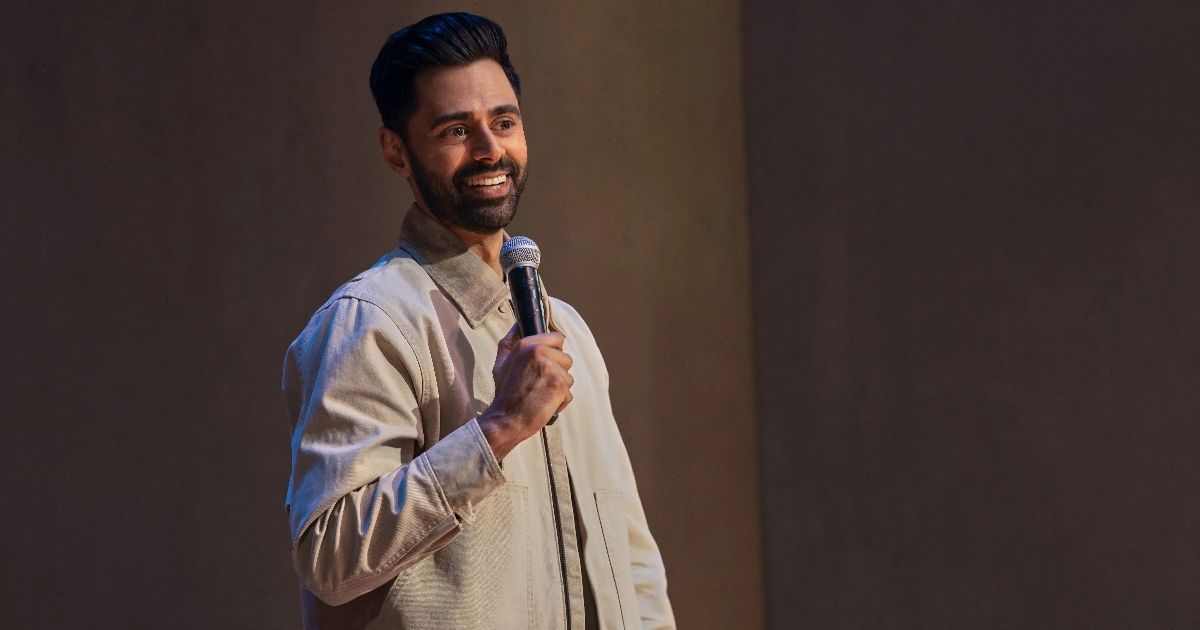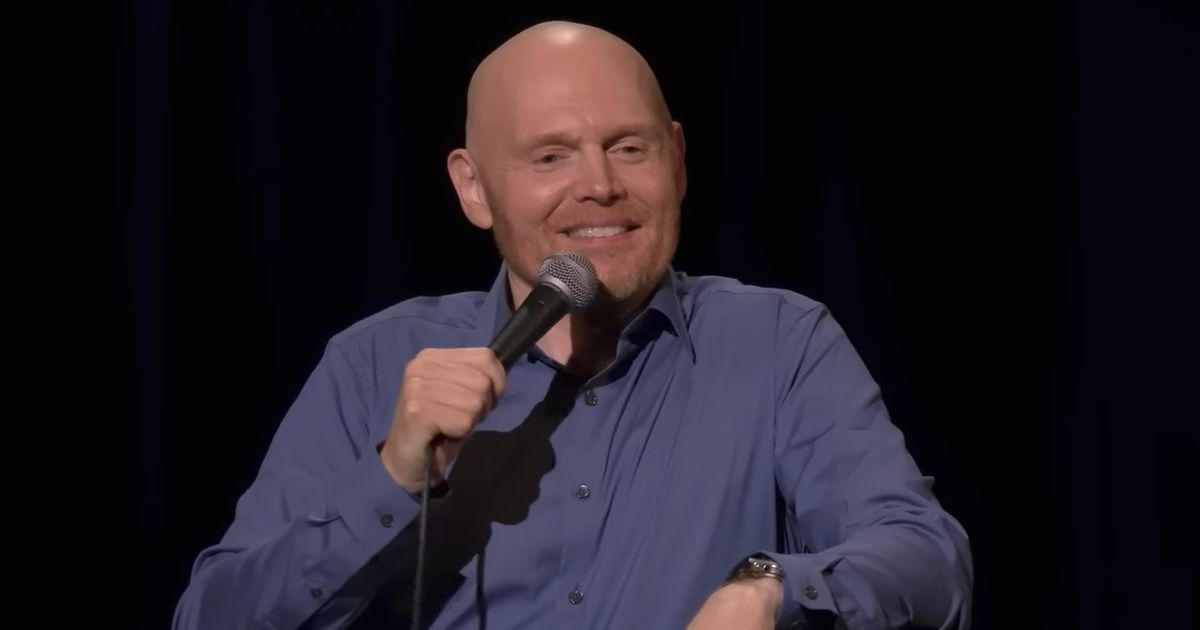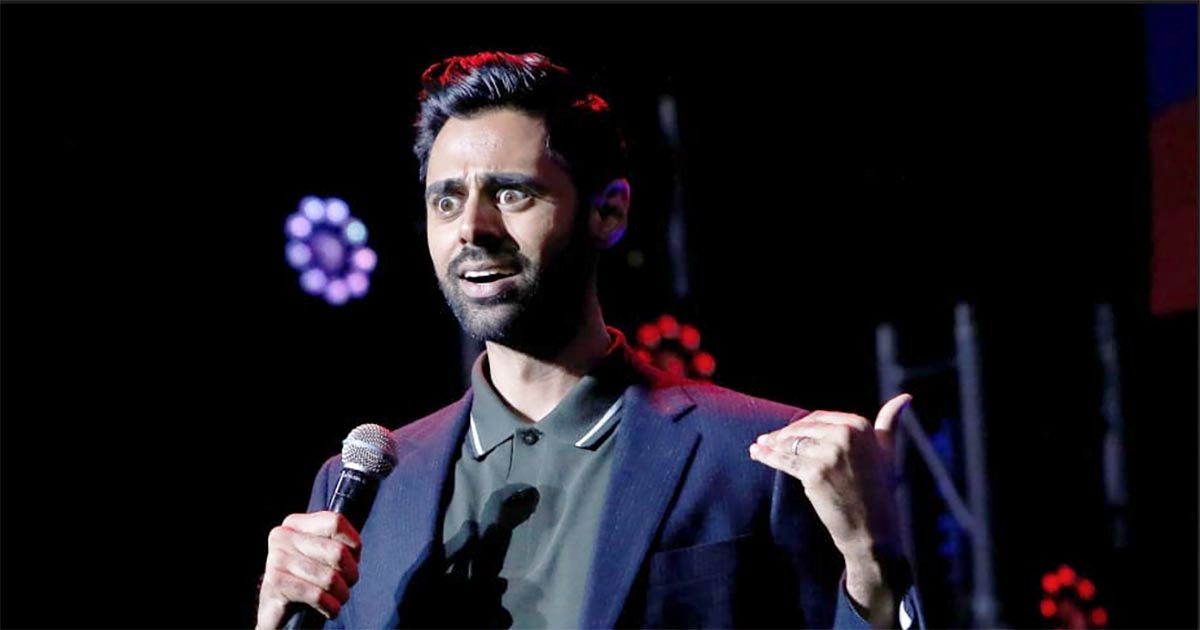Throughout his rise as a stand-up comic and TV presenter, Hasan Minhaj established himself a trustworthy voice of reason. Years after Jon Stewart stepped down, The Daily Show alumnus cultivated his resume as a possible heir apparent. His Netflix comedy-news show The Patriot Act with Hasan Minhaj (heavily modeled on his prior TV correspondent gig) positioned the California-born satirist at the forefront of the comedy community, speaking on behalf of marginalized voices.
Unfortunately, Minhaj’s harrowing journey was not real. He fabricated his life story to win sympathy and project his own perception of America and himself upon the world. When called out, he laughed it off as inconsequential, the ends justifying the means. Sadly, the lies he told for years, and in public, implicated completely-innocent people caught up in his charade, those same parties receiving death threats.
Regardless if the workplace harassment rumors are true, Minhaj has already ruined his career through his own material, his credibility as a fair and courageous individual standing up against oppression and political lies shown as little more than a stunt. No one will ever believe a word he says again.
Since the time of The Daily Show, comedians have muscled into journalists’ turf, getting to the heart of the world’s pressing issues, convincing us they, and they alone, were the only ones we should trust in a world of fake news and incompetent media outlets. Boy, was that a blunder.
This Is CCN (Comedy Central News)
No single institution in entertainment has done more to shape the art of comedy and pump out influential comedians than the U.S.-based Comedy Central network, which has produced an array of politically-minded talent like Samantha Bee, John Oliver, Stephen Colbert, and Minhaj.
Tellingly, in a damning New Yorker article, Minhaj revealed way more about the comedy industry than himself when he said he lied about his life to “make it feel the way it felt.” In other words, the truth wasn’t sufficiently shocking, nor did it adhere to his worldview and preferred narrative, so it needed to be altered for effect. That’s sketchy as a comedian, but as a pseudo-journalist, it is unacceptable. He serves to discredit all future, valid cases of real discrimination and racial mistreatment.
This is, bizarrely, not new for satirists and comedic actors. Steve Rannazzisi, formerly of FXX’s The League, lied about being in the south World Trade Center building on September 11, 2001 while employed at Merrill Lynch (via Washington Post). His career never quite recovered. Australian comedian Jim Jeffries (or more precisely, his line editors) infamously selectively edited footage to depict activist Avi Yemeni in a negative light. This never would have been made known publicly if Yemeni didn’t secretly film the entire interview himself, sensing he was going to be set up. The techniques that Comedy Central and other disreputable producers use in “gotcha interviews” was exposed for all to see, which is why they tend to not exist anymore.
Character Building
There was a time when we didn’t believe a word a comedian said, and we liked it like that. They pretended to be stupid and maim each other for our amusement; never once did we really think that the risqué Dean Martin celebrity roasts were honest opinions or captured real feelings. When Rodney Dangerfield said his family and friends didn’t respect him, we understood the joke. We knew he played a character on-screen. Comedians might comment about the world, but at the end of the day, they were storytellers and entertainers, and that meant telling a few whoppers for nothing else but a laugh. Today, stand-up comedy is designed to manipulate the audience for a little cheap pathos. We’re supposed to believe them.
Contemporary comics are equally relatable but more specific, drawing upon their own lives. When Bill Burr or Maria Bamford tell stories, you can tell they’re working out some issues and inner demons, a stark contrast from guys like Minhaj. They criticize themselves. Regardless if Burr’s anecdotes or diatribes are exaggerated, they are often self-deprecating; we laugh at his insanity, reluctantly seeing a little of ourselves in him. The reason Burr’s type of comedy resonates, and what his critics can’t understand is that he’s never looking for pity or to change the way you vote. He’s a jester thinking out loud. When you’re funny, there’s no need to make yourself a martyr, a civil rights icon, or a badass hero surviving terrorist attacks.
It’s not an overstatement to say comics play a character; they develop it like they develop a routine, hone it, take it on the road and workshop it, then film the special, rinse, repeat. The made-up face grinning on-screen is often a facsimile of the real person. No one so much embodies this model as Andrew Dice Clay, one of the few guys out there that can admit his persona is a sham, almost shocked when people took his boorish rants seriously. His swagger, personality, voice, and leather jacket all an act he settled on in the mid-80s, eventually catching on to the point he became the character. Where a comedy bit ends and the real human starts is often so murky even many comics don’t know.
“The No-Spin Zone”
As Bill Maher said on his show, describing how Minhaj slandered him for false accusations he made in the past, “If you want to speak truth to power … you have to include the ‘truth’ part.” Confuse a stand-up routine for a TED Talk and you inevitably wind up with the Sam Hyde debacle. A little skepticism is good, especially when someone is telling what you want to hear.
The next time a comedian introduces or defines themselves by some dramatic life experience, take it a with a large grain of salt. Comedy can be therapy. To others, it might be a place to interrogate the foibles of society (George Carlin circa 1975), or an outlet to vent their unhinged old-man rage (George Carlin circa 1995). Sometimes, it’s just about fame.
We’re lucky to have guys like John Oliver, with a team of skilled writers and researchers delivering the news in a digestible way, but that shouldn’t be the norm. Minhaj deserves a second chance as a comedian, just not as the satirist he once was. It makes as much sense as expecting Ronan Farrow to have a killer hour-long special on Netflix. We shouldn’t require or want comics to transcend their day job and do journalism and humanitarian activism when making people laugh is hard enough.
Journalists (Brian Williams and Bill O’Reilly, to name a couple) regularly make mistakes, lie, and get inflated egos, and they’re the ones trained to do the job and are ethically obligated to get it right. Why would we assume the same standards from a novice who covers news as a side gig between film roles and Samsung commercials?
We were bamboozled, but this one is kind of on us.
This story originally appeared on Movieweb



